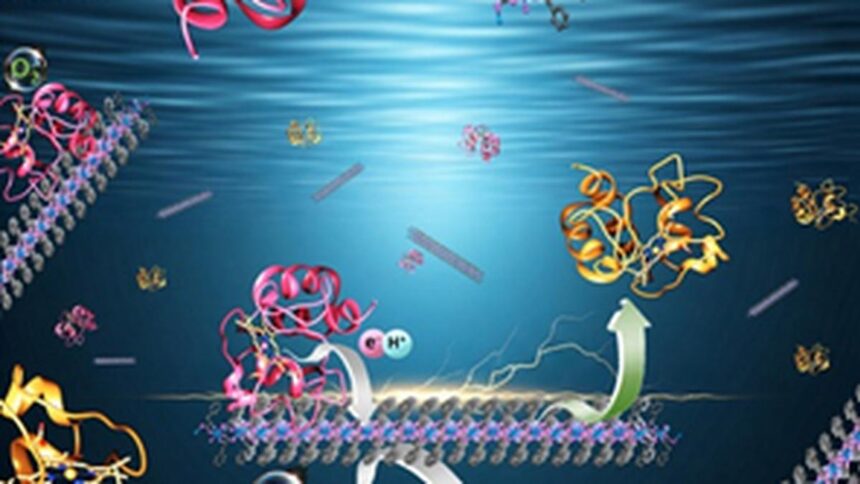Dr. Amit Vernekar and his doctoral student Adarsh Fatrekar in Csir-Clri, Chennai, have created a next-generation nanzyme called Cu-Phen. This new type of artificial enzyme, a nanozima metal, can accurately control the transfer of electrons, which is essential for the generation of energy in the cells. The advance could support advances in medicine, sustainable energy and environmental technologies.
It is carefully designed using copper ions and the amino acid phenylalanine to imitate natural enzymes more closely.
Regular nanozymes have poorly defined active sites, which lead to the flow of not controlled electrons. This can create harmful by -products and interfere with cell function.
Cu-phen interacts with cytochrome C, a key protein in the cell energy, which allows the transfer of precise and safe electrons, as in natural systems. It also reduces oxygen to water efficiently, avoiding harmful by -products such as reactive oxygen (ROS) species, which can damage cells. This makes it safer and more effective for biological use.
With its precision designed structure, Cu-Phen stands out among Nanozymes and points out a promising future to create more intelligent and safe artificial enzymes for sustainable health and health solutions.
More like this
Posted on April 20, 2025



